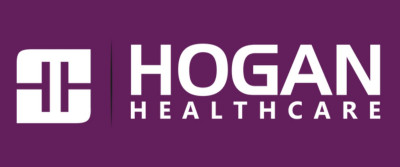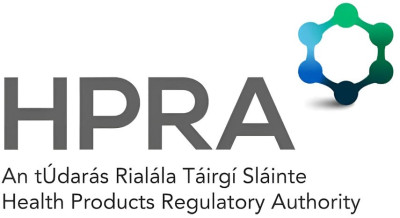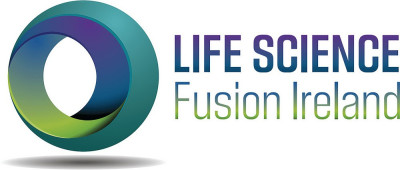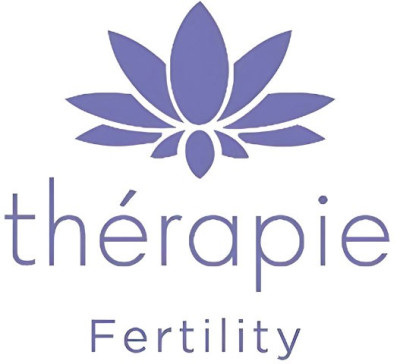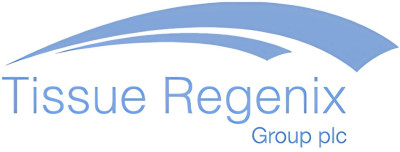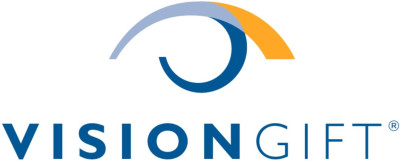In our previous post, we explored the key components and applications of escrow biostorage. Today, we will discuss the best practices that ensure the effectiveness of escrow biostorage and examine the various benefits it offers in the preservation and management of valuable biomaterials.
At Biostór, we specialize in providing escrow biostorage services that adhere to the highest standards, ensuring your biomaterials are securely stored, accessible, and maintained under optimal conditions.
Best Practices for Escrow Biostorage
To optimize the effectiveness of escrow biostorage, adherence to best practices is necessary. These practices ensure the security, compliance, and reliability of storage services, providing organizations with confidence that their biomaterials are managed to the highest standards.
Selecting a Reputable Service Provider: The first step in ensuring effective escrow biostorage is choosing a service provider with a proven record of compliance, certifications, and adherence to regulatory standards. Selecting a reputable provider like Biostór guarantees that biomaterials are handled with the necessary care and security, minimizing the risk of mishandling or non-compliance.
Detailed Contracts: Establishing clear and legally binding contracts is essential for defining storage terms, responsibilities, access rights, and conditions for material release. These contracts protect all parties involved and ensure that the storage conditions meet the required standards. Well-defined contracts also provide a legal framework that governs the management and use of stored biomaterials.
Regular Audits and Monitoring: Ongoing compliance with regulatory standards is critical for maintaining the integrity of stored materials. Regular audits and monitoring of storage facilities and protocols help ensure that all processes are aligned with industry standards. This proactive approach allows organizations to address any potential issues before they compromise the security or quality of the biomaterials.
Insurance and Risk Management: Implementing appropriate insurance coverage and risk management strategies is crucial for protecting against potential losses or damages to stored biomaterials. These measures provide financial security and peace of mind, ensuring that any unforeseen events are adequately managed without compromising the stored materials.
Backup and Disaster Recovery Plans: Backup and disaster recovery plans are essential components of effective escrow biostorage. These plans protect biomaterials against unforeseen events, such as natural disasters or equipment failures, by ensuring that storage conditions remain stable and that materials are accessible even under adverse circumstances.
Benefits of Escrow Biostorage
Escrow biostorage offers several key benefits that go beyond secure storage, providing a comprehensive solution for managing and preserving valuable biomaterials. The following are some of the primary advantages:
Security and Integrity: Escrow biostorage facilities are equipped with advanced physical and cybersecurity measures, ensuring that biomaterials are protected from unauthorized access and potential breaches. Additionally, these facilities maintain optimal storage conditions, preserving the integrity and viability of the materials over time.
Regulatory Compliance and Legal Protection: Adherence to GMP, GLP, ISO, and other relevant standards is a hallmark of reputable escrow biostorage providers like Biostór. This compliance ensures that biomaterials are stored according to legal and ethical guidelines. Moreover, clear legal agreements define storage, access, and release terms, safeguarding the interests of all parties involved and providing a foundation for dispute resolution.
Accessibility and Control: Access to biomaterials is strictly regulated and occurs only under predefined conditions. This controlled access ensures that samples are used in accordance with the agreements between the involved parties, while comprehensive documentation and tracking systems enhance accountability and traceability.
Financial and Risk Management: Professional storage practices and risk management strategies reduce the risk of loss, damage, or contamination of valuable biomaterials. Insurance coverage further provides financial protection for the stored materials, offering an additional layer of security in case of unforeseen events.
Practical and Strategic Advantages: Outsourcing storage to a specialized escrow biostorage provider like Biostór allows organizations to focus on their core activities, such as research, development, or clinical work, without the burden of managing storage logistics. Additionally, escrow biostorage offers reliable long-term storage solutions, ensuring that biomaterials are preserved and accessible for future use, even over extended periods.
Escrow biostorage provides a secure, regulated, and legally compliant solution for managing and preserving valuable biomaterials. By following best practices and selecting a reputable service provider like Biostór, organizations can ensure that their critical biological materials are protected, accessible, and maintained under optimal conditions. The benefits of escrow biostorage extend beyond security and compliance, offering strategic advantages that support long-term research, development, and clinical applications.



